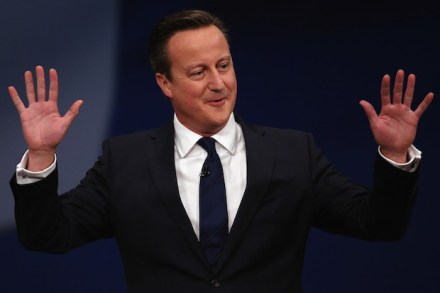The case for lowering taxes
There’s a saying that when you tax something, you get less of it. Sometimes, this is a good thing. The government taxes smoking, alcohol, and petrol partly because we think these things have costly side-effects—like pollution or burdening the NHS—that we want to discourage. But most of our taxes do not fall on activities with costly side-effects: they fall on things like working, travelling, and socialising. And because we have such a high tax burden—this year we’ll work for the chancellor for 154 days before we start working for ourselves on Tax Freedom Day, today—we almost certainly have less of those things. With lower taxes we’d be happier, and our




















